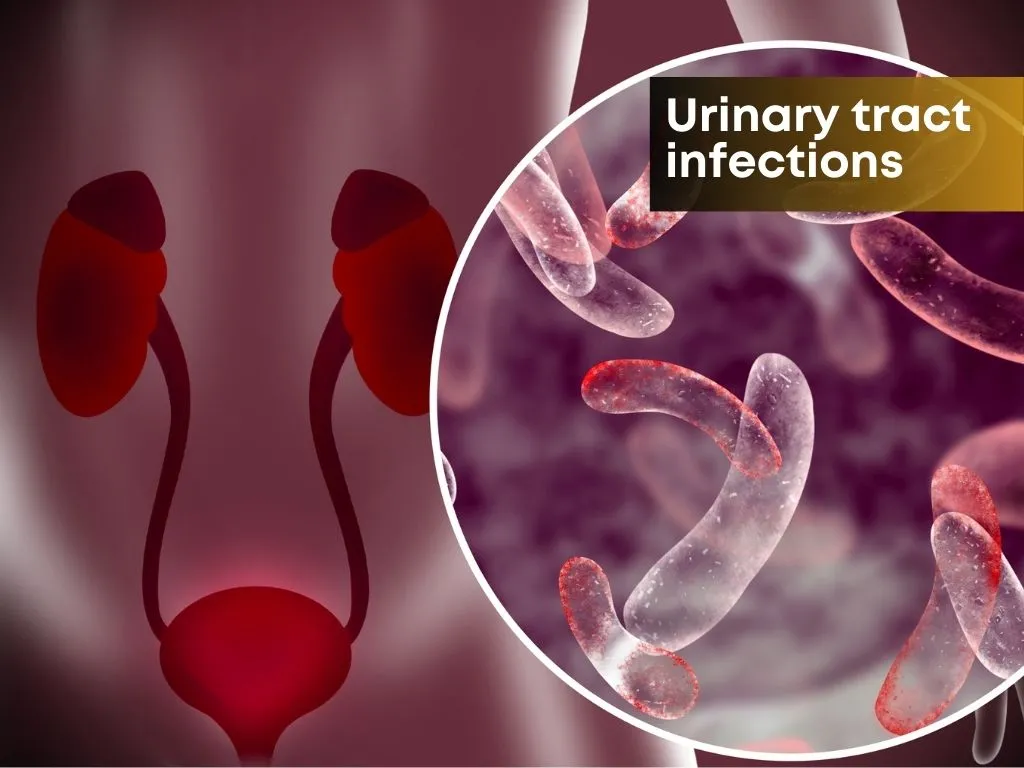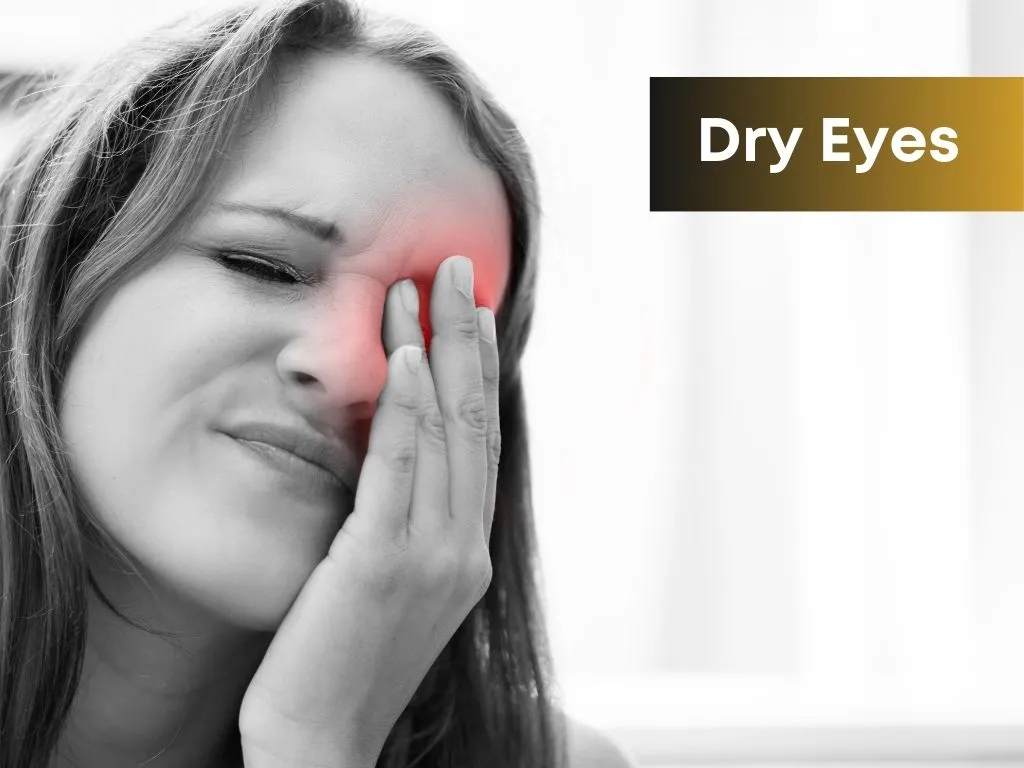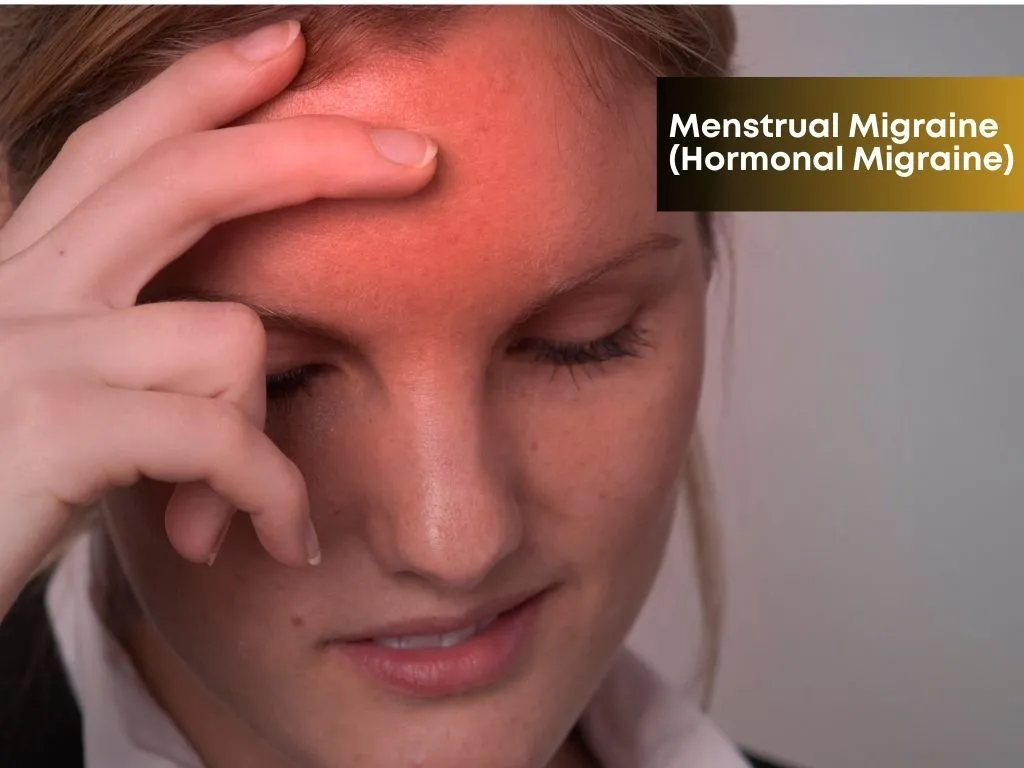Overview
UTI stands for Urinary Tract Infection. It's an infection that can occur
anywhere in the urinary system, which includes the kidneys, ureters,
bladder, and urethra. UTIs are commonly caused by bacteria, such as E.
coli, entering the urinary tract through the urethra and multiplying in
the bladder. Symptoms of a UTI can include frequent urination with burning.
Causes
Here are some common causes and risk factors associated with UTIs:
Bacterial entryAnatomical factorsSuppressed immune systemCatheter useSexual activityHormonal changesUse of certain contraceptivesGenetic predisposition
Symptoms
Common symptoms include:
Urinary urgencyFrequent urinationBurning sensationPain or discomfortCloudy or bloody urineStrong-smelling urinePelvic painFatigue or weaknessFever or chills
Treatment: Modern Medicine
The treatment for urinary tract infections (UTIs) typically involves,
AntibioticsPain relieversIncreased fluid intakeUrinary analgesicsAvoid irritantsUrinary alkalizersProbiotics
Treatment: Traditional Medicine
Increased fluid intakeCranberry juiceD-mannoseHerbal remedies
Caution
Seek prompt medical attentionComplete the full course of antibioticsAvoid bladder irritantsConsider preventive measures
Prevention
Stay hydratedPractice good hygieneUrinate when neededEmpty bladder completelyTake showers instead of bathsWear breathable underwearAvoid holding in bowel movements
 Nalamaree Team
Nalamaree Team





















.jpg.webp)
